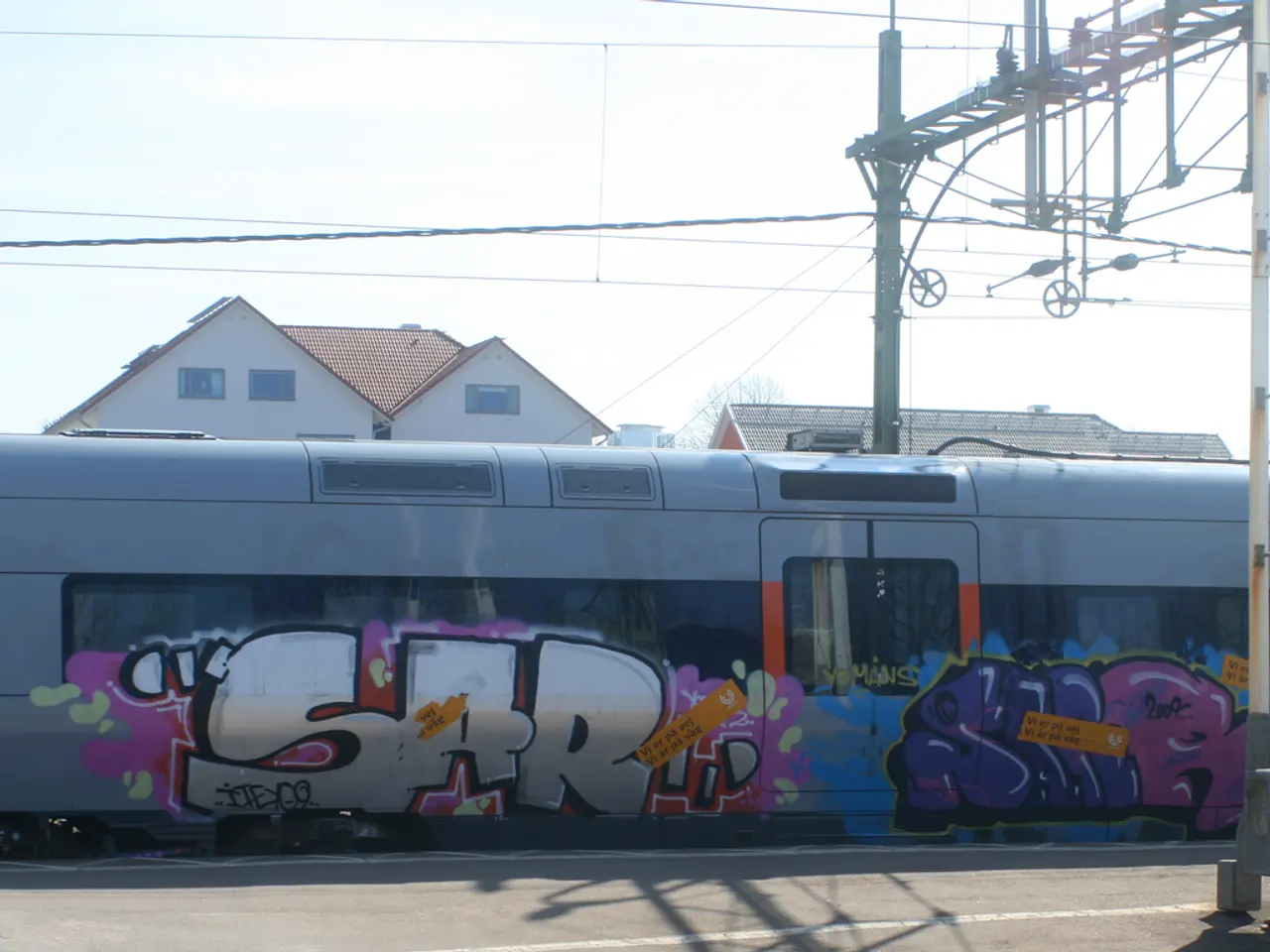Poland to Impose Border Controls with Germany Starting August 1st
Poland announced on Friday that it will re-establish temporary border controls with Germany and Lithuania from Monday, July 7, 2025. This measure is a response to rising tensions over irregular migration and follows Germany's tougher border policies, including returning migrants to Poland, which Warsaw considers unjustified and a breach of Schengen cooperation standards.
The Polish government, led by Prime Minister Donald Tusk, aims to reduce "uncontrolled flows of migrants" crossing from Germany into Poland and to prevent illegal border crossings from Lithuania. Poland has invested heavily in securing its eastern border with Belarus and is similarly committed to controlling flows from Lithuania.
Federal Chancellor Friedrich Merz, of Germany, has defended German border controls to combat irregular migration. In response, Alexander Dobrindt, the Federal Interior Minister, has stated there would be no "ping-pong game" at the border, refuting rumors that migrants with no connection to Poland would be sent to the border and then to Poland. Dobrindt also denied claims of a return tourism of asylum seekers from Germany to Poland.
However, the SPD, a German political party, has criticized Merz and Dobrindt for a lack of successful close coordination with European neighbors in sensitive questions of security and migration. SPD politicians accused Merz of insufficient coordination with European partners regarding border controls.
Tusk has warned the German side about the border controls, stating the changed practice of sending people back to Poland as the reason. This practice has been criticized by far-right activists from the "Movement for the Defense of Borders" who are organizing self-proclaimed patrols at border crossings to Germany.
The temporary controls are intended to be symmetrical and diplomatic, minimizing disruption to travel and trade. The duration may depend on how long Germany maintains its own border controls, which have been extended previously and were also tied to migration concerns. If Germany continues border checks beyond September, Poland may extend its own measures accordingly.
The move reflects broader tensions within the EU's Schengen zone about migration management and border security. Poland's far-right opposition party PiS is under pressure due to Germany regularly pushing illegal migrants onto their side. The decision was made by Prime Minister Donald Tusk at a cabinet meeting in Warsaw.
[1] BBC News, "Poland to reintroduce border controls with Germany," 2025, [https://www.bbc.co.uk/news/world-europe-58834752]
[2] Deutsche Welle, "Poland to reintroduce border controls with Germany and Lithuania," 2025, [https://www.dw.com/en/poland-to-reintroduce-border-controls-with-germany-and-lithuania/a-56276315]
[3] The Guardian, "Poland to reintroduce border controls with Germany and Lithuania," 2025, [https://www.theguardian.com/world/2025/jun/25/poland-to-reintroduce-border-controls-with-germany-and-lithuania]
[4] Reuters, "Poland to reintroduce border controls with Germany and Lithuania," 2025, [https://www.reuters.com/world/europe/poland-to-reintroduce-border-controls-with-germany-and-lithuania-2025-06-25/]
- The Polish government, under Prime Minister Donald Tusk, is implementing temporary border controls with Germany and Lithuania starting July 7, 2025, in response to rising tensions over irregular migration and Germany's tougher border policies.
- These temporary controls are aimed at reducing uncontrolled migrant flows into Poland and preventing illegal border crossings from Lithuania, as part of a broader strategy to secure Poland's borders.
- Meanwhile, German Federal Chancellor Friedrich Merz has defended the country's border controls to combat irregular migration, but the SPD, a German political party, has criticized Merz for a lack of successful coordination with European neighbors on sensitive security and migration issues.
- The Polish decision to re-establish border controls is part of the broader tensions within the EU's Schengen zone regarding migration management and border security, with Poland's far-right opposition party PiS under pressure due to Germany regularly pushing illegal migrants onto their side.
- The move also falls under the broader context of policy-and-legislation, crime-and-justice, general-news, and politics, including the European leagues, sports, football (particularly the Premier League), and car-accidents, as it impacts the freedom of movement within the EU, a key aspect of European policies.








